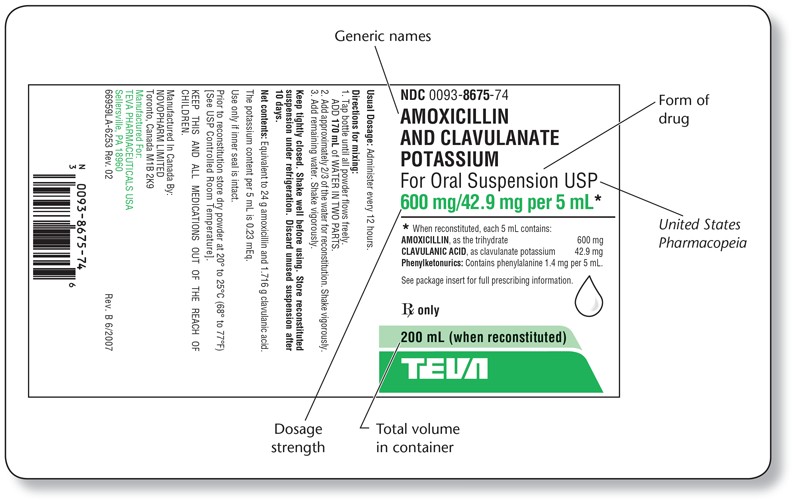The nurse is caring for a patient from a rehabilitation center with a preexisting complete cervical spine injury who is complaining of a severe headache
The nurse assesses a blood pressure of 180/90 mm Hg, heart rate 60 beats/min, respirations 24 breaths/min, and 50 mL of urine via indwelling urinary catheter for the past 4 hours. What is the best action by the nurse? a. Administer acetaminophen as ordered for the headache.
b. Assess for a kinked urinary catheter and assess for bowel impaction.
c. Encourage the patient to take slow, deep breaths.
d. Notify the physician of the patient's blood pressure.
B
Autonomic dysreflexia, characterized by an exaggerated response of the sympathetic nervous system can be triggered by a variety of stimuli, including a kinked indwelling catheter, which would result in bladder distention. Other causes that should be ruled out prior to pharmacological intervention include fecal impaction. Treating the patient for a headache will not resolve symptoms of autonomic dysreflexia. Treatment must focus on identifying the underlying cause. Slow deep breathes will not correct the underlying problem. Assessing for underlying causes of autonomic dysreflexia should precede contacting the physician.
You might also like to view...
A patient with infective endocarditis is expressing fear and anxiety related to changes in health status and anticipated procedures
What interventions would the nurse include in this patient's care plan? Note: Credit will be given only if all correct choices and no incorrect choices are selected.. Select all that apply. 1. Provide factual information concerning diagnosis, treatment, disfigurement, disabilities, and prognosis. 2. State that the physician will have to be the one who talks to the patient about the procedure. 3. Explain to the patient that it is better not to be informed prior to procedures, as information increases anxiety. 4. Tell the patient not to worry and that everything will be fine. 5. Explain all procedures and allow the patient time for mental preparation.
If an older adult is confused, they may have a deficiency of
a. iron. b. zinc. c. water. d. protein.
The instructions for reconstituting this medication say to add the water in ________ parts.
Fill in the blank(s) with the appropriate word(s).
Some individuals never learn to cope with stress.
Answer the following statement true (T) or false (F)